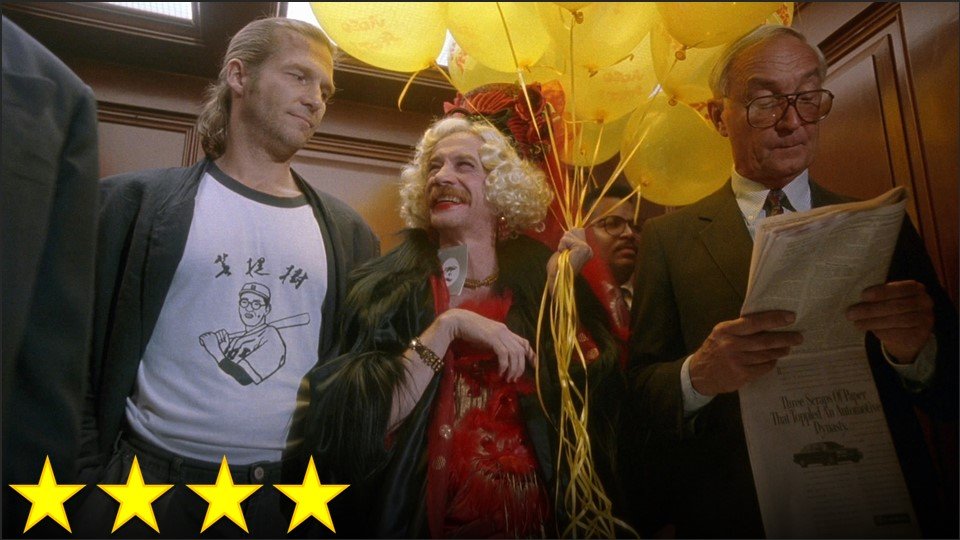A devilish lie lurks here. Maybe not so much in the film’s message as in the minds of the characters, or at least in the way the audience is bound to interpret the story, but somehow, the lie is here. As the film presents its separation of creativity, freethinking, and love for the arts from tradition, orthodoxy, and formality, it is assumed that the realm of the logical is on the latter side – the dark side – but this is not the case.
What Hollywood needs to learn to understand is that the logical and the conventional are not one and the same. In fact, “appeal to tradition” is a logical fallacy. The characters in this film who represent order, propriety, and convention are on the wrong side of logic with many of their attitudes, concerns, beliefs, and actions. That being said, once the audience understands this, the film is immensely enjoyable.
This film works through the anxiety that comes with youth better than most other films I’ve seen on the topic. I think its power in this regard probably comes from the issue I just described: we see young people put in a situation in which they are taught that freethinking is bad thinking and dogma is logical. We all know that this is wrong, and it is this understanding we have of the devilish lie that fuels the film’s drama. It is because of this that the film is so gripping, heart-wrenching, frustrating, and sometimes almost terrifying. While the film is sometimes cheesy, and not all of it dates well (I’m looking at you, scenes with the girl), but it is an intense experience that resonates with me on a special level, and I love that.





